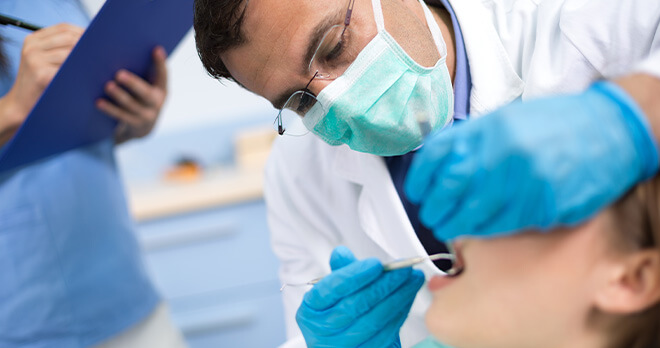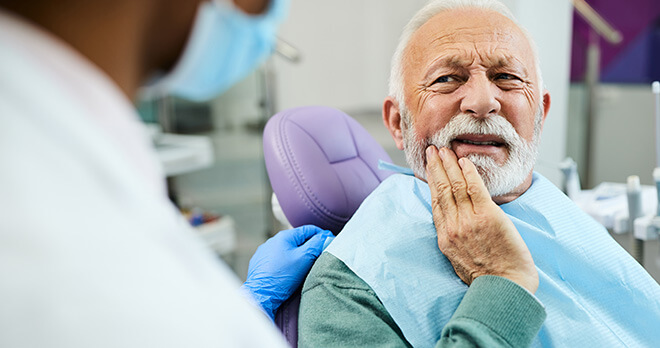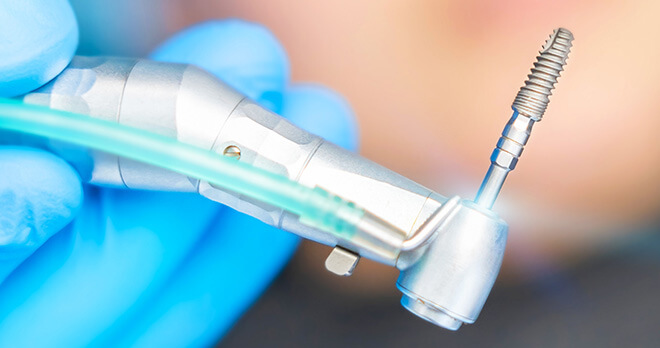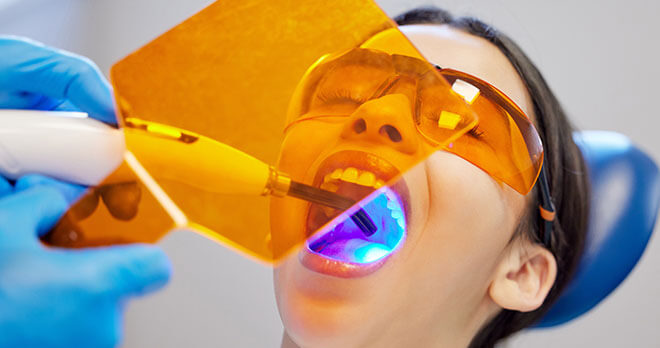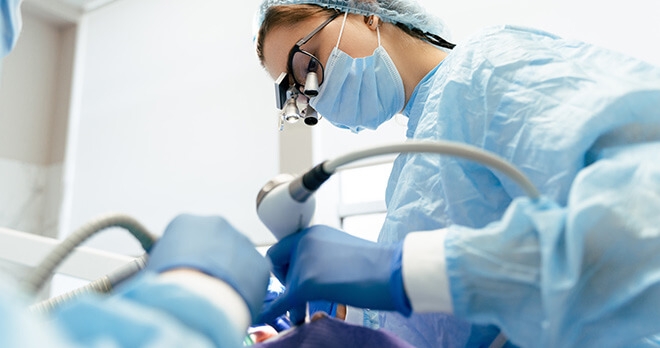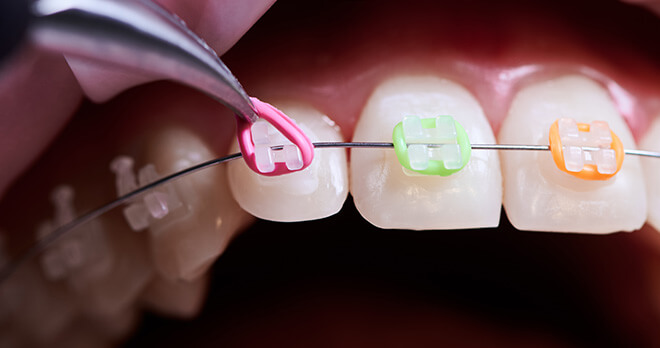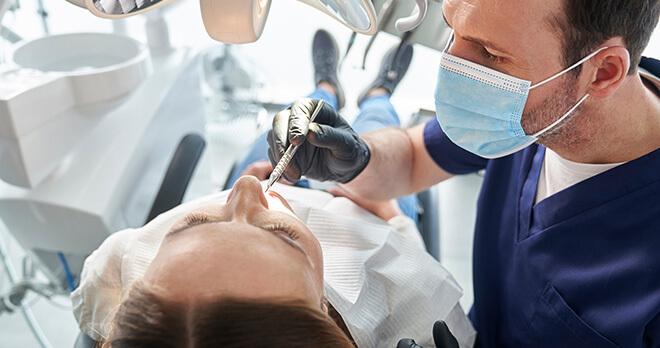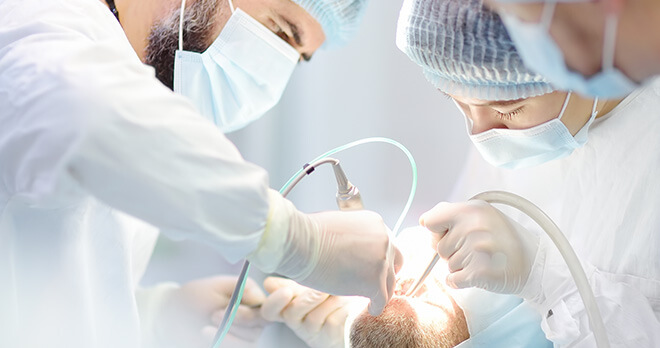Why dental x-rays are important
X-rays are important in dentistry as they are used by dentists to help them identify problems with the teeth, mouth, gums and jaw.
Types of x-rays
There are different types of x-rays that your dentist can perform and x-rays which are routinely performed are as follows:
- Periapical – show the entire tooth, from the exposed crown to the end of the root and the bones that support the tooth.
- Bite wing – show the upper and lower back teeth and how the teeth touch each other in a single view. They can also be used to check decay between the teeth and occlusion.
- Panoramic – shows a view of the teeth, jaws, nasal area, sinuses and the joints of the jaw, and is usually taken when a patient may need orthodontic treatment or implant placement.
- Occlusal – shows a clear view of the floor of the mouth to show the bite of the upper or lower jaw.
Why are dental x-rays needed?
Dental x-rays are required for some of the following reasons:
- Monitor decay
- Show decay that is not directly visible in the mouth and will also show the size and depth of a cavity. This will assist the dentist in deciding what type of filling will need to be used for that particular tooth
- Reveal abnormal growths, such as a tumour
- Determine the length of roots when carrying out a root canal treatment or extraction
- Reveal the extent of bone loss in patients who are suffering from gum disease
How often should my dentist take x-rays?
If you are a new patient, the dentist will normally take x-rays at the initial visit to be able to assess your mouth and determine whether any treatment is necessary. After this, it is considered good practice to have x-rays taken every 1-2 years.
However, this may vary depending on the dental history of a patient, such as whether they have poor oral hygiene and whether they continue to get new cavities. It will also depend on the age and current condition of the patient’s mouth. Therefore, it may be the case that x-rays are required more frequently and your dentist should assess this based on individual circumstances.
Summary
X-rays clearly play an important role in dentistry and we in the Dental Negligence Team, have seen the consequences when a dentist has failed to take any or regular x-rays. We have successfully settled cases, where a dentist has failed to diagnose periodontal disease, decay and many other dental issues. If you have any concerns about your dental treatment, we recommend that you seek the advice of a dental practitioner. If you wish to discuss a potential claim, then please feel free to contact the team.
Got a question?
You can call the team on 0800 923 2080 or message them to understand more about you potential compensation claim for dental negligence. We will get back to you at a time that is convenient to you.
Common claim types
Insights and opinions
View more articles related to Cosmetic dentistry, Crowns and bridges, Dental implants, Dental nerve damage, Extractions, Gum disease, Information, Mouth cancer, Orthodontics, Root canal treatment, Tooth decay and Wisdom teeth
